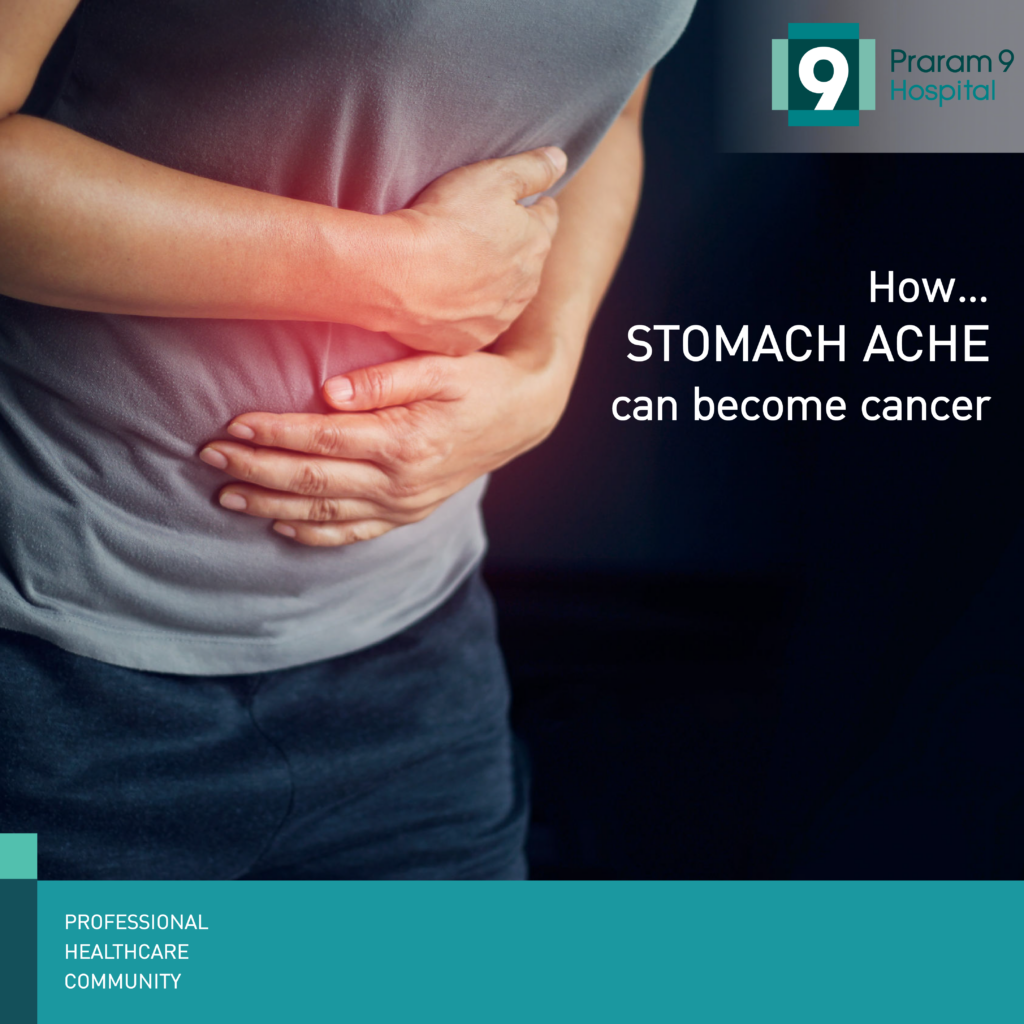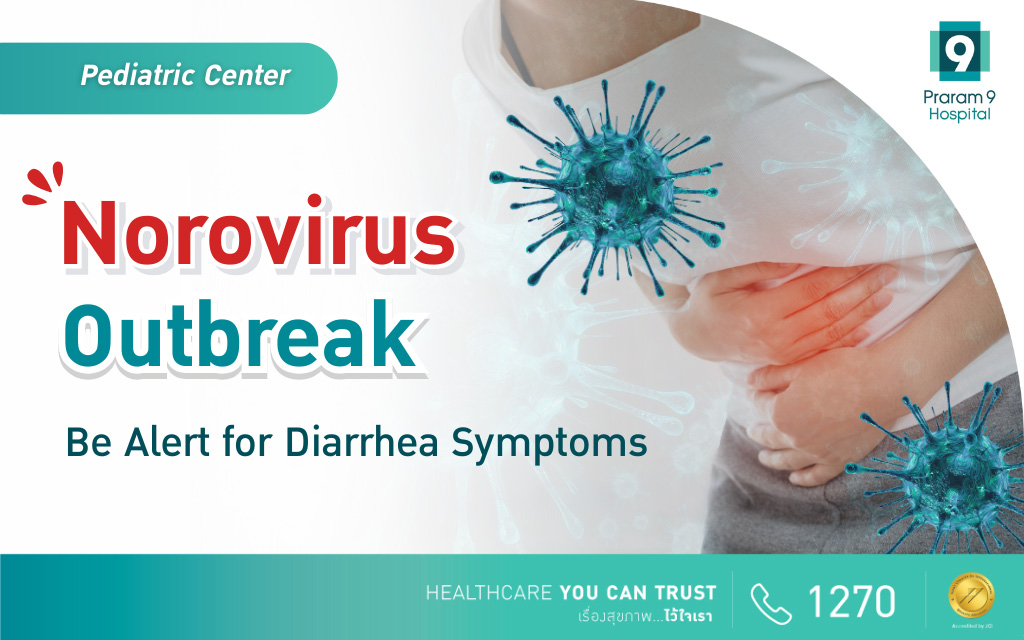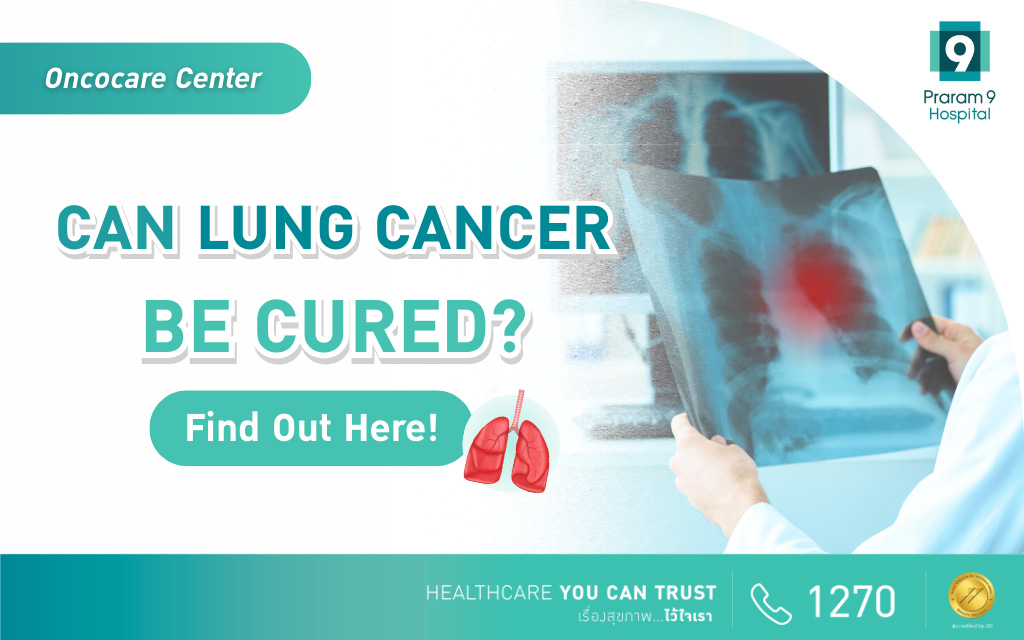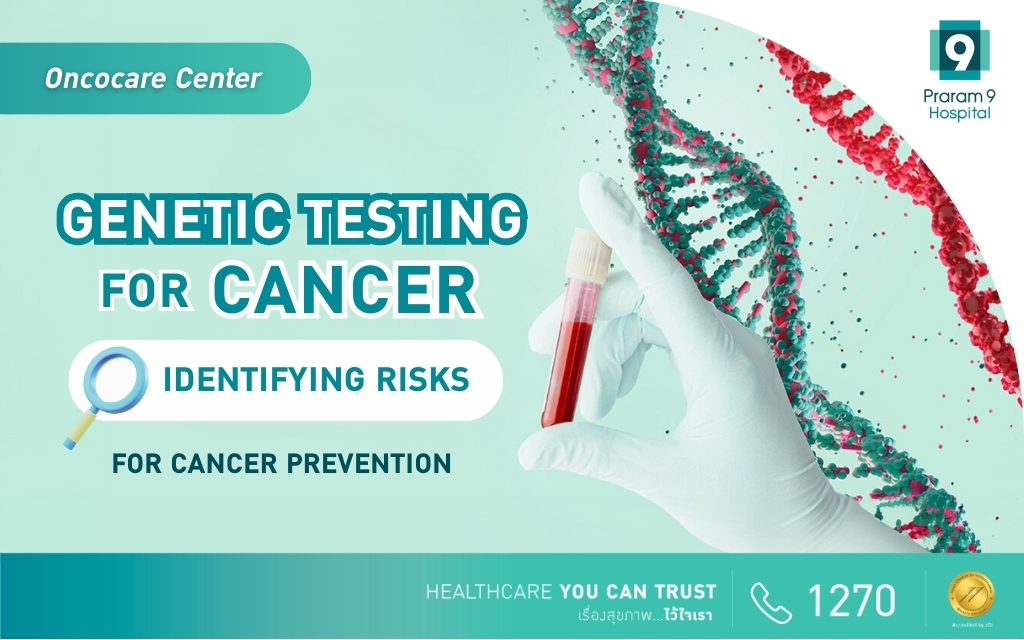How stomach ache can become cancer
Stomachache and indigestion are just two of many symptoms related to stomach which in medical terms call Peptic ulcer which normally occur directly at the stomach or the upper part of the small intestine that is close to the stomach. In most of the cases, the patients who had peptic ulcer are not rid of this ulcer permanently, the ulcer would come and goes which is discovered to be caused by an bacterial infection known as Helicobacter pylori.
What is Helicobacter pylori?
Helicobacter pylori, also known as H. pylori, is a harmful bacteria in our stomach. Normally, our stomach is usually at a state of high acidic level which kills most of the bacteria living in our stomach. However, Helicobacter pylori is a bacteria with a special ability to produce alkaline which can cancel out our stomach acid and allow this bacteria to thrive and cause inflammation to our organ which result in the peptic ulcer that can lead to stomach cancer in serious cases.
Symptoms of peptic ulcer?
The common experience for patients with peptic ulcer is mainly stomach around the upper chest area or under the epigastric region which have a long-term chronic condition but generally in good health. In some cases, the patients experience a sensation of tightness and burning pain that can be related to consuming food that is spicy and sour. Also, some case can have stomach ache at different time of the day as well.
How to take care of yourself to protect against peptic ulcer?
1. Patients should consume easy to digest meal with mild flavor according to proper meal time of the day
2. Patients should take their meals at a moderate quantity and avoid eating to their fullest.
3. Patients should avoid food with extreme flavors, preserved food and carbonated beverages.
4. Patients should avoid smoking, alcohol, tea, coffee and other caffeinated drinks
5. Patients should also avoid taking any medication that is related to bone and joint pain reliever and aspirin.
Generally, ulcer in the stomach and the upper part of the small intestine is a chronic disease that can come back again sometime after treatment. If the condition with other complications such as coughing with blood, passing of black stool, severe stomach ache, lack of appetite or sudden weight loss without cause, the patient should seek medical help immediately. Furthermore, the patients should stay well rested and avoid situation that may place anxiety or stress on them.
How to prepare yourself before the appointment
· Before coming to the doctor appointment, try to consume easy to digest meals and avoid fiber-rich food such as vegetable. Also, drink a lot of water.
· Prepare your bowel by fully relieving of any remaining stool by taking laxative and consume water with some salt in order to help relieve the tiredness.
· Patient should be accompanied by someone; they should drive by themselves.
Symptoms patients might experience after colonoscopy
· Gassy and indigestion
· There might be blood mixes with stool due to any surgical maneuver required to trim the tumor.
· If the patient felt extreme stomach or if there are still blood mixes with stool after a few days, they should contact the doctor as soon as possible.






